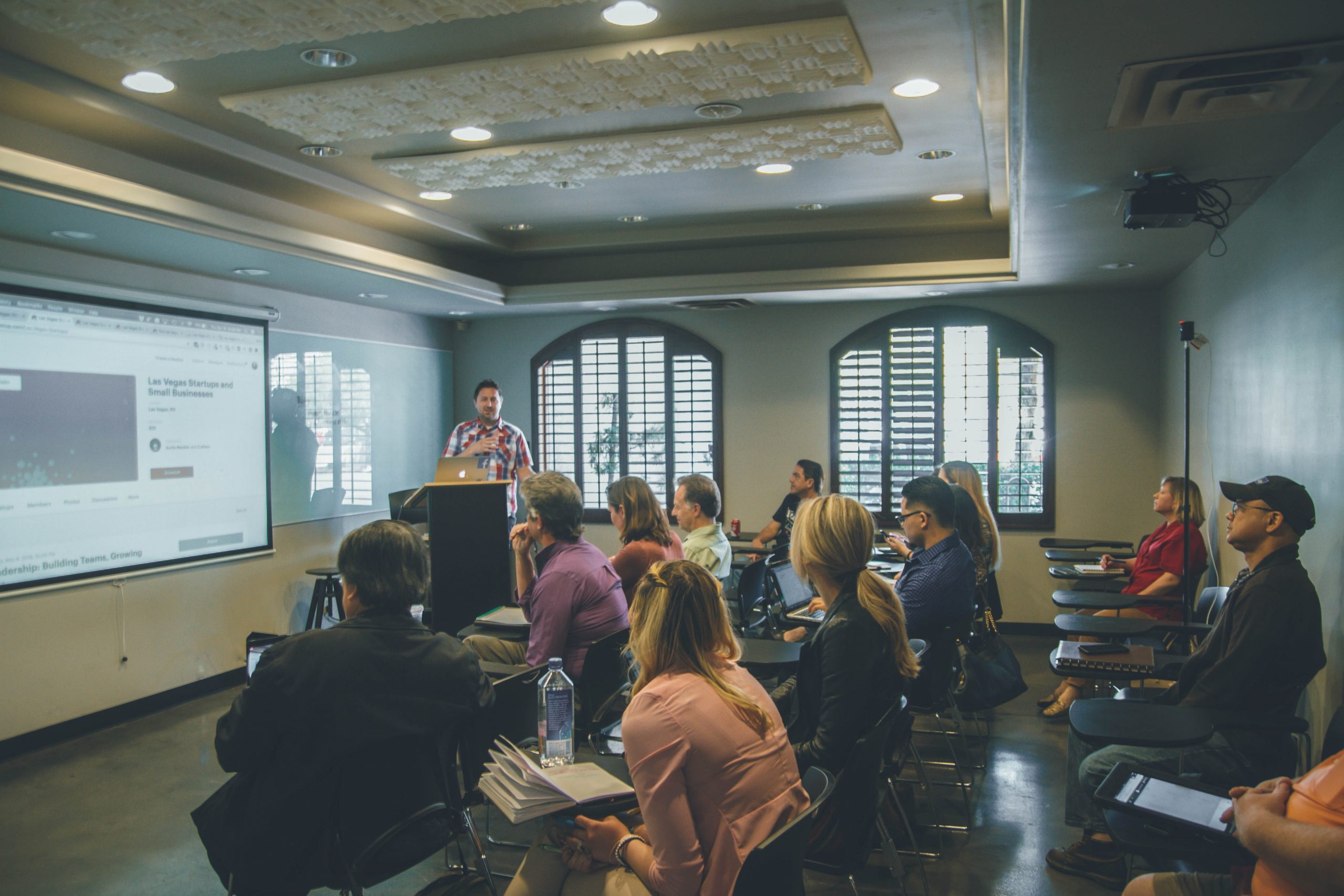By Ted Murcray
At a “teaching institution,” it is easy to get heavily involved in teaching classes and move away from a scholarly identity. Faculty members sometimes see themselves as teachers first, and may even say things like, “I’m just not much of a researcher.” This identity solidifies over time and can affect whether and how a faculty member engages in scholarly activities.
The teaching process is, by itself, a scholarly endeavor
It is unfortunate that this false dichotomy persists in higher education – the idea that scholarship and teaching are two distinct sets of behaviors. In reality, the teaching process is, by itself, a scholarly endeavor. Below, I discuss six ways that teaching is similar to the research process. In both cases, the faculty member:
- Reviews the literature
- Creates goals
- Designs the best activities or methods for reaching those goals
- Makes adjustments mid-course
- Assesses whether the goals have been met
- Determines the implications of the assessment data
First, consider the literature review. Courses begin as a series of topics. Faculty members then gather relevant information about those topics and start to secure a curriculum for the themes of the course. This process is very similar to a literature review, where the researcher discovers how an issue is situated in a broader context. In the case of teaching and research, the faculty member engages the scholarship that informs the topic at hand.
After the faculty member has gathered the curriculum, the next step is to ask, “What are the expected learning outcomes?” and, “How will I get students to meet those outcomes?” This line of questioning is very similar to the process of creating hypotheses for a research project – questions that will help frame the structure and guide the study. In both cases (establishing learning objectives or framing a research question) the faculty member wants to know, “What new knowledge will be gained when this process is complete?”
Research projects are then executed with a particular methodology. The research methods should be informed by the most recent methodological literature, should fit the research questions, should be appropriate for the context of the study, and should allow the researcher to gather sufficient data to test the hypotheses. Similarly, teachers build learning activities that are informed by the most recent literature on effective instruction, that are appropriate for the learning content, and are sufficient for students to attain the learning goals. Learning design and research methodology are similar to each other in purpose and in structure.
Once the study has been designed, the researcher runs the experiment and gathers the data. Sometimes it is necessary to make adjustments to the research design or structure when the data tells the researcher that the current design will not provide the appropriate data set. Similarly, teachers run classes, gather data on student learning, and determine whether the learning activities need to be adjusted to get the right data about student learning.1
Once the research project has ended, researchers gather the relevant data and apply that data to their research questions. To what extent can the questions be answered based on the data currently provided? Similarly, teachers look at the data provided to them by the students through the learning activities. To what extent can the teacher determine that the students learned the appropriate material?
Finally, researchers take the data that they have, write up a discussion, and suggest additional research that needs to be conducted based on the findings from the project. Similarly, teachers engage in a reflective process to determine whether there should be changes made to the class to improve the type of data they receive the next time the class is taught.
In short, teachers go through the research process each and every time they teach a class. Faculty member at teaching institutions can and should feel confident that their teaching load has been developing important skills in them that are also essential for another aspect of their scholarly identity: research and writing.
[1] Educationists refer to mid-course adjustments as “Classroom adjustment techniques.” See Angelo, T.A., & Cross, K.P. (1993). Classroom assessment techniques: A handbook for college teachers. San Francisco: Jossey-Bass.
